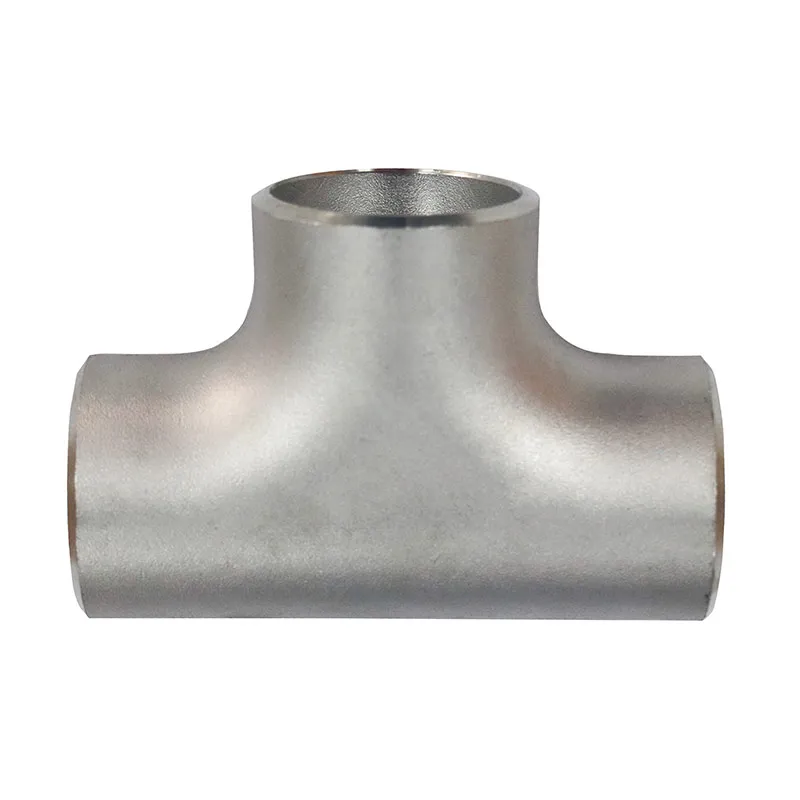-
Cangzhou Yulong Steel Co., Ltd.
-
Phone:
+86 13303177267 -
Email:
admin@ylsteelfittings.com
- English
- Arabic
- Italian
- Spanish
- Portuguese
- German
- kazakh
- Persian
- Greek
- French
- Russian
- Polish
- Thai
- Indonesian
- Vietnamese
- Zulu
- Korean
- Uzbek
- Hindi
- Serbian
- Malay
- Ukrainian
- Gujarati
- Haitian Creole
- hausa
- hawaiian
- Hebrew
- Miao
- Hungarian
- Icelandic
- igbo
- irish
- Japanese
- Javanese
- Kannada
- Khmer
- Rwandese
- Afrikaans
- Albanian
- Amharic
- Armenian
- Azerbaijani
- Basque
- Belarusian
- Bengali
- Bosnian
- Bulgarian
- Catalan
- Cebuano
- China
- China (Taiwan)
- Corsican
- Croatian
- Czech
- Danish
- Esperanto
- Estonian
- Finnish
- Frisian
- Galician
- Georgian
- Kurdish
- Kyrgyz
- Lao
- Latin
- Latvian
- Lithuanian
- Luxembourgish
- Macedonian
- Malgashi
- Malayalam
- Maltese
- Maori
- Marathi
- Mongolian
- Myanmar
- Nepali
- Norwegian
- Norwegian
- Occitan
- Pashto
- Dutch
- Punjabi
- Romanian
- Samoan
- Scottish Gaelic
- Sesotho
- Shona
- Sindhi
- Sinhala
- Slovak
- Slovenian
- Somali
- Sundanese
- Swahili
- Swedish
- Tagalog
- Tajik
- Tamil
- Tatar
- Telugu
- Turkish
- Turkmen
- Urdu
- Uighur
- Welsh
- Bantu
- Yiddish
- Yoruba

Nov . 12, 2024 06:54 Back to list
api 5l l360
Understanding API 5L L360 Essential Insights for Steel Pipe Specifications
In the domain of structural engineering and construction, the American Petroleum Institute (API) has established standards that ensure the safety and efficacy of materials used, especially in contexts such as oil and gas pipelines. One critical specification is API 5L, which pertains to the manufacturing of line pipes for the transportation of oil, gas, and water. Among the various grades outlined in this specification, L360 holds particular significance.
What is API 5L?
API 5L provides guidelines for the manufacture and testing of welded and seamless steel line pipes. These pipes are crucial for transporting petroleum and natural gas. The standard specifies the requirements necessary to ensure the mechanical properties, chemical composition, and dimensions of the pipes are suitable for the intended application, ultimately ensuring safety and reliability in pipeline systems.
Overview of L360 Grade
The L in L360 stands for line pipe, and the number 360 signifies the minimum yield strength in megapascals (MPa). Therefore, L360 pipes have a yield strength of 360 MPa, translating to approximately 52,200 psi. This level of strength makes L360 a preferred choice for various oil and gas applications, particularly in environments where high pressure and stresses are involved.
The L360 grade is often used in regions with challenging geological conditions or where pipelines must cross rough terrains. It is designed to withstand harsh environmental factors while maintaining structural integrity over the lifespan of the pipeline.
Mechanical Properties
The mechanical properties of L360 are critical for its application in real-world scenarios. The grade exhibits
1. Yield Strength As stated, L360 offers a minimum yield strength of 360 MPa, providing substantial resistance to deformation under load. 2. Tensile Strength It usually ranges between 450 MPa to 570 MPa, making the steel resilient under tension.
3. Elongation The elongation percentage is typically around 20% to 22%, indicating its ability to deform without breaking, which adds to its durability.
api 5l l360

These properties contribute to the overall performance and longevity of pipelines, ensuring they can handle the dynamic loads experienced during operation.
Chemical Composition
The chemical composition of L360 steel is also outlined in the API 5L specification. Typically, it includes carbon, manganese, phosphorus, sulfur, and silicon. The precise percentages of these elements are crucial because they affect the material's weldability, strength, and toughness.
- Carbon Often limited to around 0.26% to enhance the strength while retaining ductility. - Manganese Generally present in amounts between 1.2% to 1.6%, which improves hardenability. - Phosphorus and Sulfur Typically kept to low levels to reduce brittleness and improve weldability.
The careful selection of these elements helps achieve the desired performance metrics for L360 pipes.
Applications of L360 Pipes
L360 pipes are widely used in various applications across multiple industries. The most common applications include
- Oil and Gas Transportation Reliable for transporting crude oil and natural gas over long distances. - Water Distribution Suitable for high-pressure water pipelines, ensuring safety and durability. - Infrastructure Projects Employed in large construction projects where high strength and corrosion resistance are paramount.
The use of L360-grade pipes is essential in ensuring the efficiency and safety of such operations, which are critical to modern energy requirements.
Conclusion
API 5L L360 is a grade of steel pipe that exemplifies strength, durability, and reliability essential for the critical task of transporting oil, gas, and water. Understanding its specifications—mechanical properties, chemical composition, and applications—allows engineers and project managers to make informed decisions when selecting materials for pipeline systems. As the demand for energy continues to grow, adherence to standards like API 5L becomes more important, ensuring that infrastructure remains robust and capable of meeting the challenges of modern demands. In an ever-evolving industry, knowledge of materials such as L360 not only contributes to project success but also enhances safety and efficiency in energy transportation.
Latest news
-
ANSI 150P SS304 SO FLANGE
NewsFeb.14,2025
-
ASTM A333GR6 STEEL PIPE
NewsJan.20,2025
-
ANSI B16.5 WELDING NECK FLANGE
NewsJan.15,2026
-
ANSI B16.5 SLIP-ON FLANGE
NewsApr.19,2024
-
SABS 1123 FLANGE
NewsJan.15,2025
-
DIN86044 PLATE FLANGE
NewsApr.19,2024
-
DIN2527 BLIND FLANGE
NewsApr.12,2024
-
JIS B2311 Butt-Welding Fittings LR/SR 45°/90° /180°Seamless/Weld
NewsApr.23,2024











